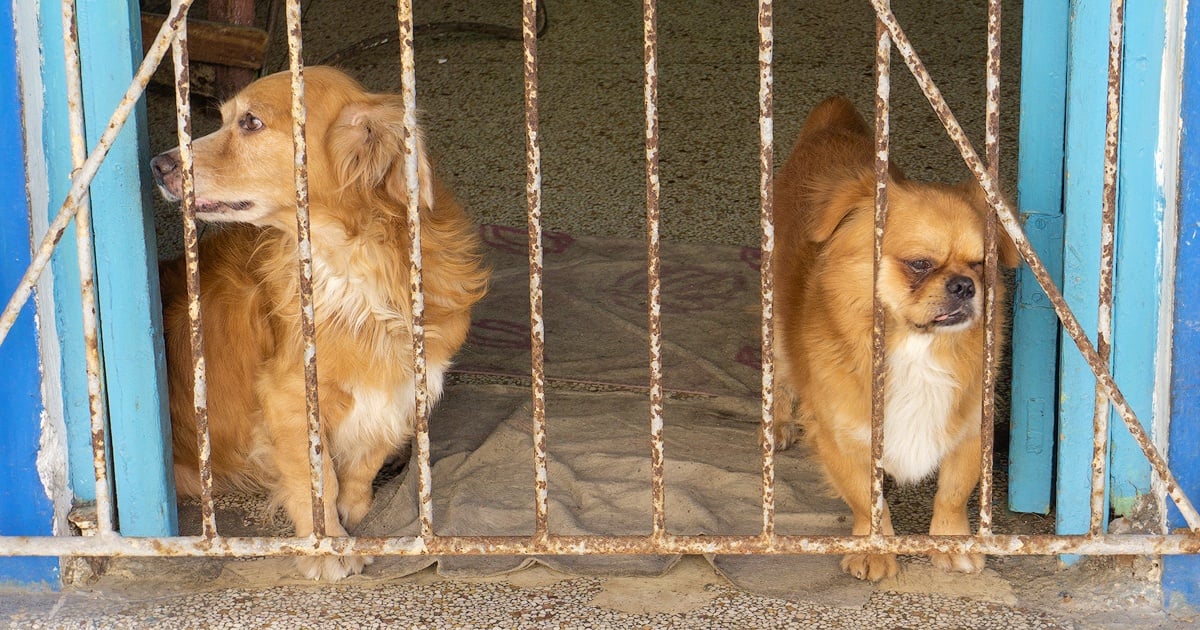Animal shelters across Cuba are witnessing a dramatic rise in the number of abandoned cats and dogs, a situation exacerbated by the island's economic crisis and a wave of emigration. In response, animal rights activists are striving to address the issue and boost adoption rates, according to a recent Associated Press report.
While there are no official statistics or estimates on how many pets have been left behind, the abandonment rate has surged over the past two years as record numbers of Cubans have migrated. "We get calls from people asking us to take care of their pets because they are suddenly migrating and don't know what to do with them," stated Elizabeth Meade, a veterinary technician and founder of Adopciones por Amor, an animal shelter in the capital city.
Despite successfully rehoming around 300 pets last year, the shelter faced challenges as many pets were returned or disappeared when their new owners also decided to emigrate. This underscores the harsh reality that not all abandoned animals find a happy ending. Rescued dogs are cared for by activists who provide food, sterilization, and search for new homes, though some remain on the streets, unable to find shelter.
The High Cost of Pet Relocation
Bringing pets along during migration isn't feasible for many Cubans. The expense of transporting a pet from Havana to Miami through a specialized agency can reach up to $1,200, including medical exams and flights. Additionally, since September, pet owners must pay an extra $1,300 to comply with legal quarantine requirements. The process is not only costly but also laden with regulations and bureaucratic hurdles.
Nonetheless, some Cubans reunite with their pets over time. In 2023, there was a notable increase in pet export certificates, doubling from the previous year. The U.S. allows legal entrants to bring pets, but Cuba's status as a high-risk country for canine rabies complicates matters. Cuba lacks a U.S.-approved laboratory, necessitating rabies blood tests to be sent to the U.S. for analysis, adding further delays.
Challenges of Pet Ownership in Cuba
Owning a pet in Cuba can be prohibitively expensive for most residents. A 20-kilogram bag of imported dog food may cost up to $70, and a veterinary visit is equivalent to $10. Considering the average monthly salary in the state sector—Cuba's largest employer—is around $21, pet ownership is a significant financial burden.
Even though online animal activism has mitigated the mass abandonment of pets, it remains a distressing aspect of the large-scale emigration that has affected many facets of life on the island. Activists and organizations continue to work tirelessly to reunite pets with their families abroad, despite the obstacles they face.
